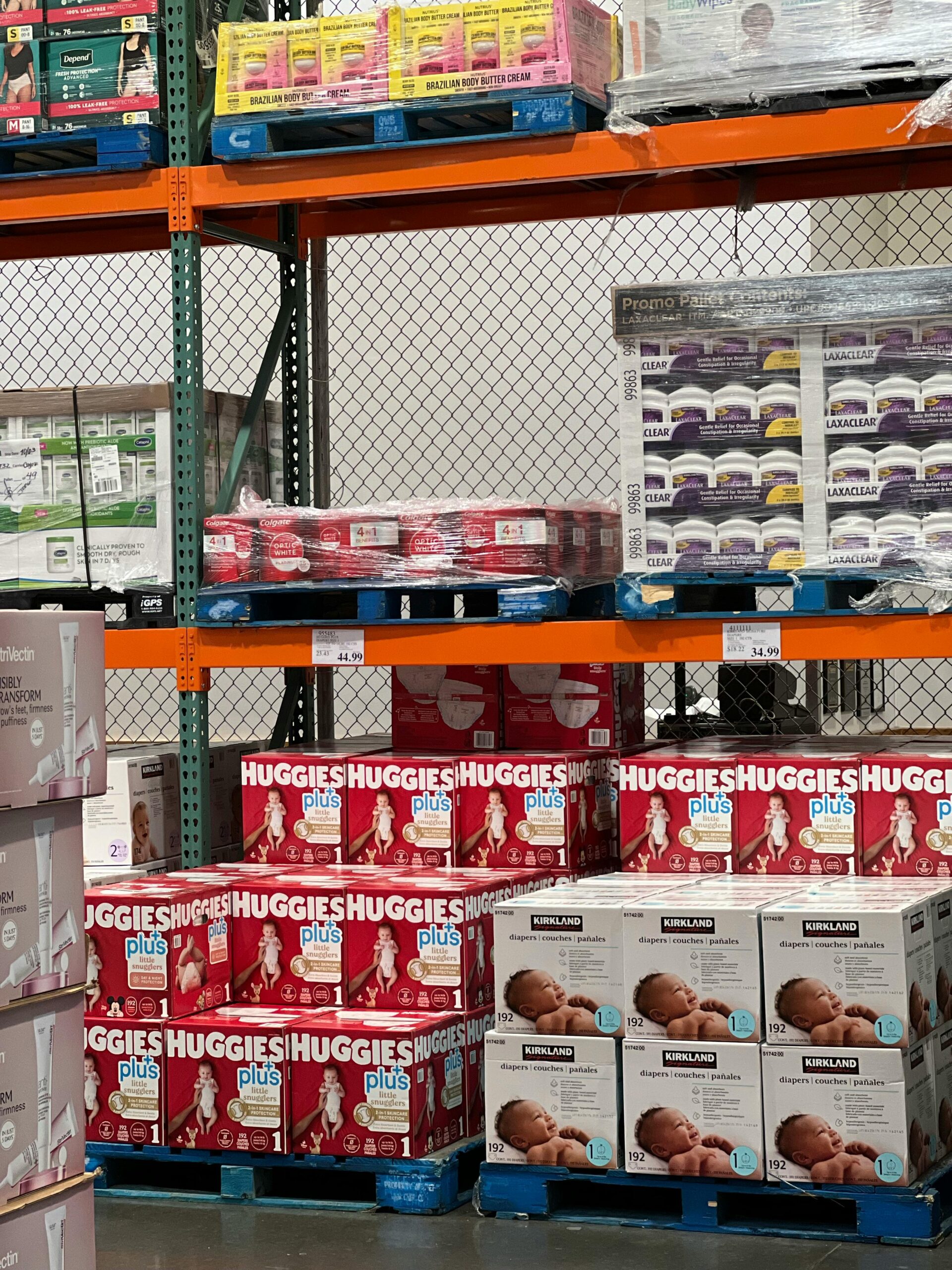Parenting is a beautiful journey filled with love, joy, and countless rewards. However, it can also be incredibly demanding, leaving parents feeling overwhelmed and exhausted. As parents juggle multiple responsibilities, the pressures of daily life can lead to burnout, affecting their well-being and ability to be present for their children. This is why parental self-care has emerged as a significant topic, emphasizing the importance of taking care of oneself in order to provide the best care for our children. In this article, we will explore the vital role of self-care, strategies for managing parental stress, and the importance of seeking support to overcome burnout.
1. Recognizing the Importance of Self-Care
It is an essential component of effective parenting. By prioritizing self-care, parents can replenish their physical, emotional, and mental well-being, which ultimately benefits both themselves and their children. Recognize that taking care of your own needs is not a luxury but a necessity for maintaining a healthy balance in your life.
2. Managing Parental Stress
Stress is an inevitable part of parenting, but managing it effectively is key to preventing burnout. Identify and implement stress management techniques that work for you. This could include practicing mindfulness or meditation, engaging in physical exercise, pursuing hobbies, or seeking therapy or counseling if needed. Experiment with different approaches to find what brings you peace and relaxation.
3. Establishing Boundaries and Prioritizing Self-Care
Set boundaries and learn to say “no” when necessary. It’s important to recognize that you cannot do it all and that taking on too much can lead to burnout. Prioritize self-care activities such as getting enough sleep, maintaining a healthy diet, engaging in activities you enjoy, and dedicating time for self-reflection and rejuvenation.
4. Seeking Support and Building a Support Network
No parent is expected to navigate the journey alone. Reach out to your support system, whether it’s your partner, family, friends, or parenting groups. Share your experiences, seek advice, and lean on them for emotional support. Building a support network can provide a sense of belonging and reduce feelings of isolation, reminding you that you are not alone in your struggles.
5. Role Modeling Self-Care for Children
By practicing self-care, parents are also teaching their children the importance of self-nurturing. Show your children that self-care is a valuable aspect of life by involving them in activities that promote well-being, such as taking family walks, engaging in creative projects together, or practicing relaxation exercises. By modeling healthy self-care behaviors, you are instilling lifelong habits in your children.
Parental self-care is not a luxury but a necessity. Taking care of your own well-being allows you to be the best version of yourself for your children. Recognize the signs of burnout, implement strategies to manage parental stress, establish boundaries, and seek support when needed. Remember that by prioritizing self-care, you are demonstrating the importance of nurturing oneself to your children. As parents, let’s embrace self-care as an integral part of our parenting journey and ensure that we nurture ourselves so that we can





